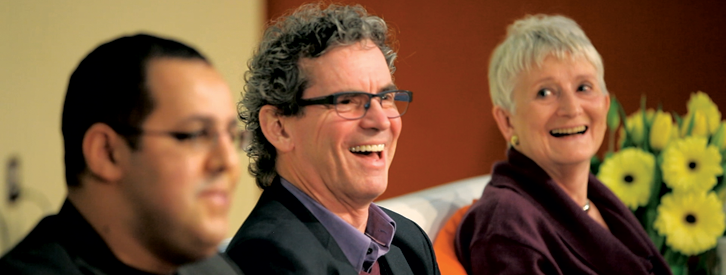Not again. A cyber “witch hunter” sent me a message condemning my Facebook friendship with a well-known political activist who fights to reform the monarchy in a country that carries the harshest punishment for defaming the royalty. The thought of disabling my Facebook popped up in my head. I shook it out, knowing that I don’t want to lose my main social networking because of some idiotic message I got from someone I don’t even know. But I can feel fear seeping through my keyboard.
I have had my fair share of threats and intimidation for several years now for the simple fact that I write and blog politics about a country embroiled in what might as well be a civil war. Like a growing number of Asian countries, my country has cooked up a rather draconian cyber law, one in which the state has the ultimate upper hand in deciding what a “cyber crime” looks like. A long and growing list of people have been convicted of crimes so technical some of the convicted didn’t even know how to commit them.
But I’m no activist. I’m just curious and I do speak out every once in a while because I’d like to believe there is still freedom of expression in the country in which I so much love. Yet, years of authoritarian rule and political repression have stripped away even the most fundamental civic rights. Self-censorship is second nature to most of us, but knowing where “the line” is has become more and more difficult in the current volatile political situation. It’s not because of the vague cyber laws or the erratic behavior of the cyber officials, although that’s part of it, but it’s because of the growing “cyber army” of average Internet users out to get one another.
A smart state, like mine, recognizes its own limitations in controlling the cyberspace. While state institutions are created to lay down the ground rules for what is an appropriate behaviour online, the real “monitoring” is done by average net users who volunteer their time to safeguard the cyberspace. The state exploited the current political crisis by co-opting those who share their political beliefs and turning them into their very own cyber army. These cyber warriors are not paid, nor are they officials of the state, like the 50 Cent Party. They are just ordinary people, who go online to scour the Internet for “suspected cyber criminals” and submit their names to the authorities. Some prefer witch hunting: naming and shaming others online for not agreeing with the state-sanctioned cyber behavior. Cyber controls by the state can be most effective when its own people turn against one another.
When I turn on my computer, I’m not worried about getting an email from the Cyber Crime Police. After all, I have never crossed the line. But I’m afraid of the cyber witch hunters, who are out to get me just because I don’t think like them.
About Aim Sinpeng
Aim Sinpeng is a postdoctoral fellow in the department of political science at McGill University. Dr. Sinpeng’s research focuses on digital politics in Asia, particularly cyber movements and Internet public policy.










